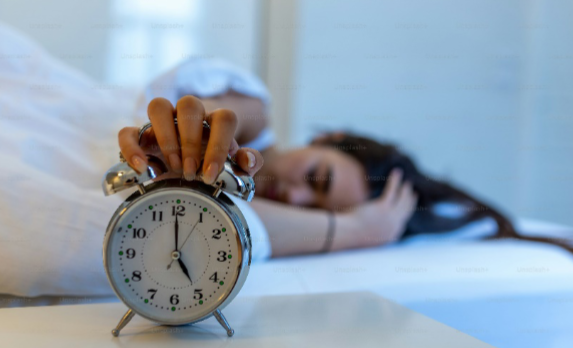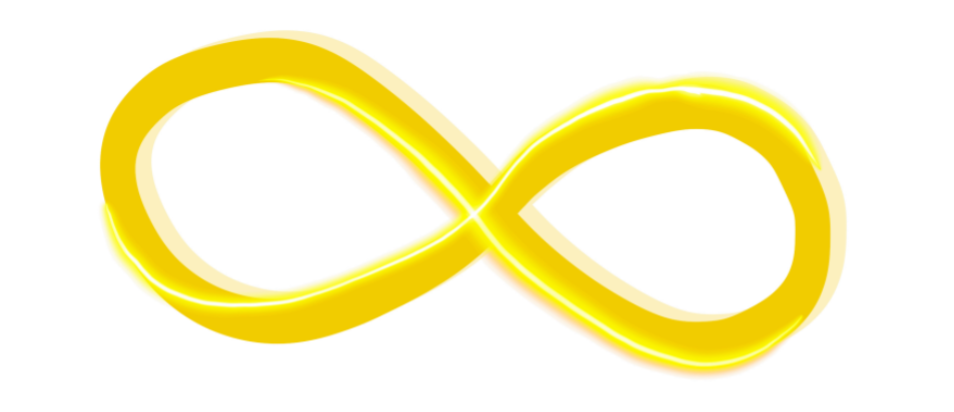
Have you ever felt different after daylight savings? As daylight savings time begins, scientists are telling us that this may negatively impact our health and sleep schedules. Studies show that the shift in time disrupts our natural sleep patterns, which leads to increased stress and a rise in sleep disorders. This one hour of lost sleep disrupts our circadian rhythm.
“That one-hour change may not seem like much, but it can wreak havoc on people’s mental and physical well-being in the short term,” said Dr. Charles from Harvard Medicine. It can have a much bigger impact, even though it’s just a slight change.
Daylight saving time, which shifts the clock forward by one hour each spring and back each fall, was originally implemented to save energy by maximizing daylight hours. However, with each transition comes a change in daily routines and bedtime schedules, often affecting sleep quality.
There was a proposal in Congress to change this old tradition and eliminate it completely. They couldn’t decide on this because they thought the public wouldn’t like this idea in years to come. According to the CBS News article “Will Daylight Saving Time End in 2024?” Pallone stated, “We don’t want to make a hasty change and then have it reversed several years after public opinion turns against it—which is exactly what happened in the early 1970s.” They have changed daylight saving time in the past to reduce energy consumption, but they still don’t know if it’s worth changing it for the future.
In all, this loss of sleep can lead to various issues, such as depression, anxiety, and seasonal affective disorder. To combat this, health professionals advise people to gradually adjust their sleep schedules leading up to the event so their bodies aren’t as shocked when it happens. If Congress removes daylight saving time, we won’t have such significant issues with our sleep, and we might be better off as a society.




















